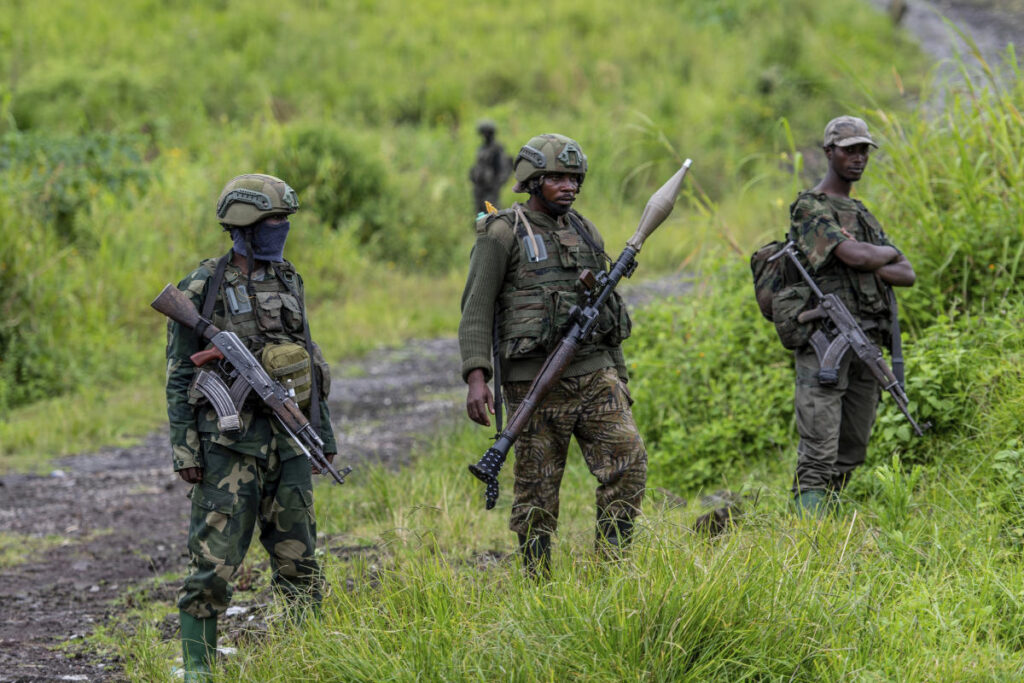Leaders from the Southern African Development Community (SADC) convened an extraordinary summit in Harare, Zimbabwe, where they decided to extend the deployment of regional troops in the Democratic Republic of Congo (DRC) for another year. This decision comes against the backdrop of ongoing armed conflict in eastern Congo, where various armed groups have intensified their activities, creating one of the world’s largest humanitarian crises. With over 7 million people displaced due to violence, the DRC has attracted considerable international attention. The summit emphasized the need for a cohesive and robust effort to restore stability in the region, showcasing the commitment of SADC member states to intervene in conflict situations affecting their neighbor, the DRC.
The troop contributions for this extended mission include close to 3,000 soldiers from South Africa and over 2,000 from Tanzania and Malawi. This force is part of a broader array of military and peacekeeping entities already in eastern Congo, which includes Congolese government forces, foreign mercenaries, and a United Nations peacekeeping contingent. The region has been plagued with skirmishes among more than 100 different armed groups vying for control over land and mineral resources, intensifying the struggle for power and posing severe threats to civilian life. Given the complexity of the conflict, SADC’s intervention is seen as critical in managing the humanitarian crisis and restoring some level of peace in this mineral-rich area rife with violence.
Accusations surrounding the involvement of neighboring Rwanda in the conflict have added another layer of tension. The Congolese government, along with United Nations experts, has implicated Rwanda in providing support to the M23 rebel group, one of the most notorious factions in eastern Congo. Despite rejecting these charges, Rwanda’s alleged support continues to fuel regional instability. The presence of UN peacekeepers, initially slated for withdrawal next month, is now in flux given the escalation of violence attributed to these same rebel groups. Congolese officials have acknowledged that a reevaluation of the peacekeeping timeline is essential but have refrained from detailing what adjustments may be forthcoming.
In the context of Mozambique, SADC leaders expressed a shared commitment to addressing political unrest stemming from disputed electoral results. Following a general election on October 9, the ruling party, Frelimo, declared victory, a move that sparked significant opposition protests and unrest, leading to substantial casualties. The opposition, led by independent candidate Venancio Mondlane, has mounted a legal challenge against the election outcome, seeking to overturn what they view as a rigged result. The Mozambican political landscape remains fraught with tensions as the government escalates its response, including legal actions against opposition figures and calls for protests.
Riotous protests have erupted across Mozambique resulting in at least 30 fatalities, showcasing the volatility in the wake of the elections. Many activists are calling for investigations into the incidents and holding the ruling party accountable for perceived electoral fraud. To alleviate tensions, outgoing President Filipe Nyusi has indicated a willingness to meet with presidential candidates, including Mondlane, who has since sought refuge abroad amidst fears for his safety. The political landscape in Mozambique highlights deep-rooted issues surrounding governance and civil rights that require urgent attention from both national and regional authorities.
Ultimately, the recent SADC summit not only underscores the commitment of Southern African leaders to address conflicts in the region but also recognizes the interlinked nature of these challenges across borders. Both the situations in DRC and Mozambique reflect broader trends of political instability, humanitarian crises, and struggles for power in post-colonial Africa. The coalition of regional troops in Congo signifies an essential step towards peacekeeping, while the acknowledgment of electoral disputes in Mozambique hints at the necessity for political dialogue and democracy. The actions observed following the summit could critically shape the socio-political dynamics within the Southern African region in the coming year, with far-reaching implications for security and governance.

